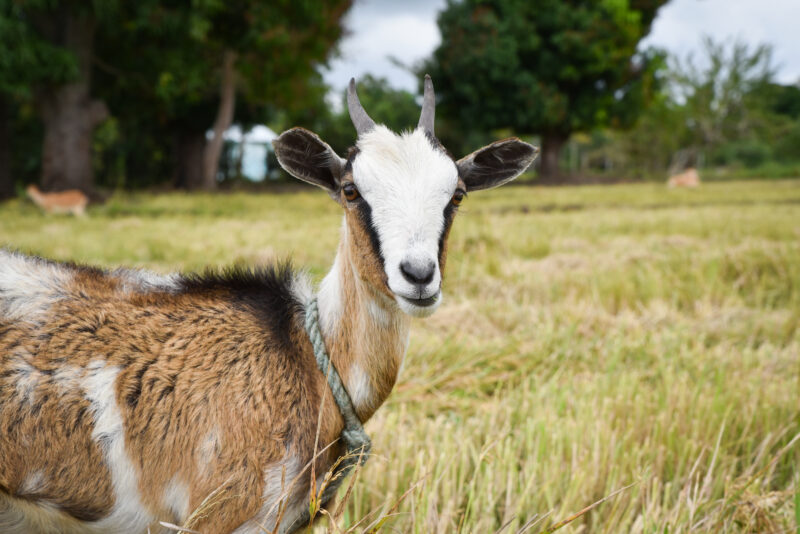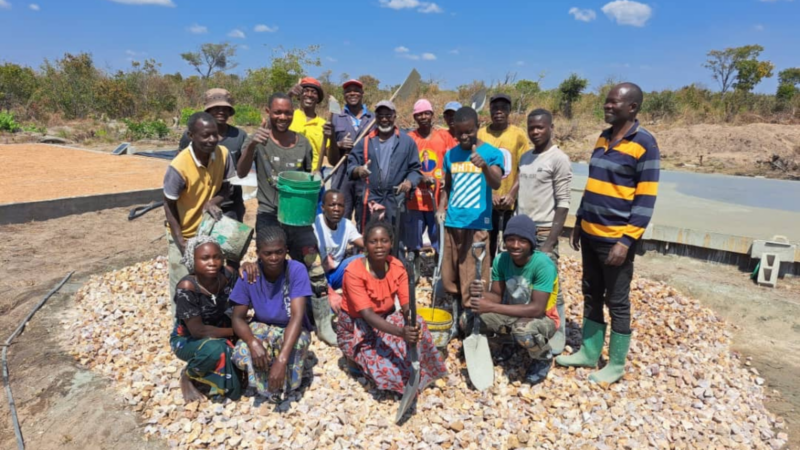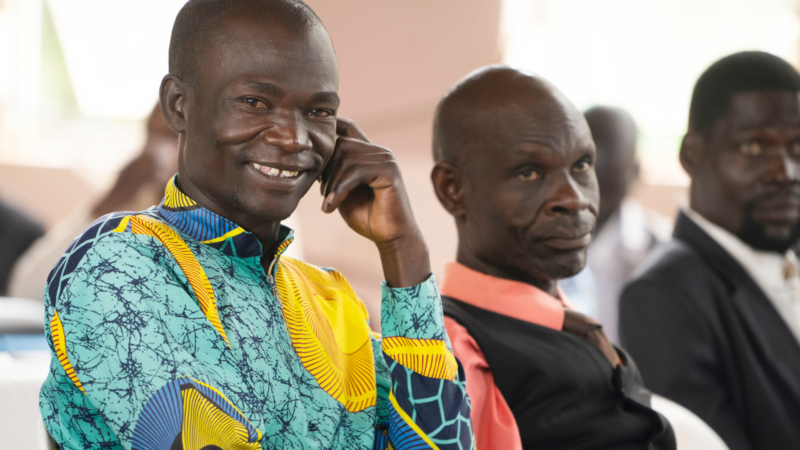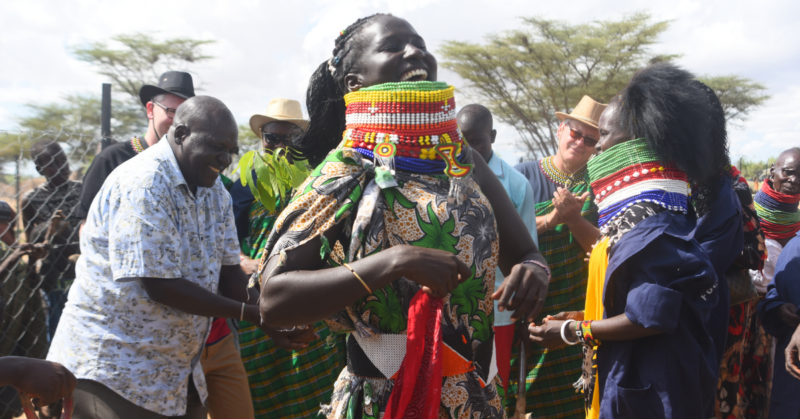Did you know that goats can launch someone from a life of extreme poverty to one of self-sustainability? It’s true! Read more to learn how people are doing this in rural Haiti.
~~~~~~~~~~~~~~~~~~~~~~~~~~~~~~~~~~~~~~~~~~~~~~~~~~~~~~~~~~~~~~~~~~~~~~~~~~~
On the rocky plain of Trou du Nord lies Juchereau, a community in northern Haiti with 5,000 inhabitants. Many community members love God and express themselves through music, painting, sports, and dance. Juchereau has a rich background in agriculture, trade, livestock, and abundant natural resources. They farm corn, bananas, beans, peanuts, cassava, sweet potatoes, yams, and sugarcane.
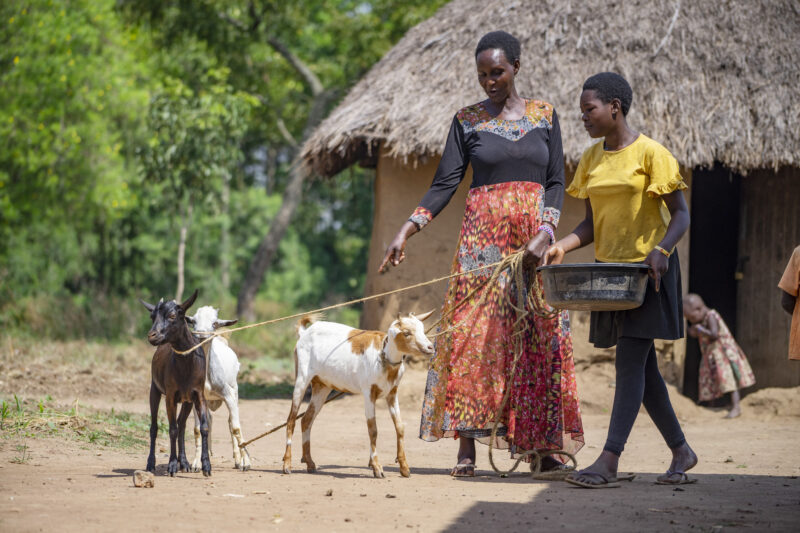
Unfortunately, extreme poverty plagues the people. Natural disasters, political tension, and global inflation have crippled Haiti. Income opportunities in rural communities like Juchereau have declined, sinking families deeper into deprivation.
One Solution to Poverty in Haiti
Last July, the Juchereau church leadership proposed a sustainable enterprise that they hoped would create job opportunities, increase family incomes, and provide food security.
The solution… goats!
This creative venture provided 26 pairs of beneficiaries with 26 goats, along with training so they could start small businesses breeding goats.
One of the most important components of the goat breeding project is the savings program. Many participants agreed to join a savings group overseen by trusted church leaders. In these groups, they learn how to manage the money they earn from their businesses and how to save. Group members contribute money to the group’s savings each week. Then they can request loans from their group at a fair interest rate and loan repayment period.
Now, only a year later, this goat breeding program has ushered in a transformation in the community of Juchereau, and improvements in the standard of living are already notable.
More families have the resources to:
- Pay for children’s schooling
- Afford Healthcare
- Maintain healthy animals
- Achieve food security
Testimonies of Success in Rural Haiti
Telemarque Jacqueline, one of the beneficiaries of the goat breeding project, shared: “I live in Juchereau with my family and my six children. I am a trader, a farmer, and now a beneficiary of the goat breeding project. In addition, I joined the savings program and have already benefited greatly. Recently, I had to pay the school fees of one of my children, but I couldn’t afford them. I was able to borrow 5,000 Haitian gourdes (about $36) from the savings group in order to pay the school fee. In time, I repaid them, and then I got another loan of 10,000 gourdes (about $73) to invest in my business. I thank God and those who came with this project!
Joseph Bernard, a father of three, has several businesses. In addition to his growing goat breeding business, he broadcasts sporting events on a large-screen TV and charges admission to Juchereau residents. When Joseph needed to purchase a new TV, he received a loan from his savings group. Joseph shared: “I had difficulties buying a television because I was missing 10,000 gourdes (about $73). Thankfully, I was able to borrow this money from my savings group. I would like to thank Bright Hope and all the members of the church for this goat project.”
What can you do?
Many of our partner churches in rural Haiti deal first-hand with the problems common to extreme poverty— limited access to clean water, a lack of employment opportunities, and devastating food insecurity.
But God wants to use you to transform the lives of the extreme poor in Haiti. Did you know you can gift a goat for as little as $80, or even contribute to a goat for $10? Learn how today!

